Press Releases
21/06/23 - EU-funded Baladiyati programme launches new interventions to promote stability and socio-economic growth in 21 municipalities in Southern Libya [EN; AR]
29/11/2021 - Six newly renovated health facilities in Libya to offer vital services to local communities. [EN; ITA; AR]
18/11/2021 - 19 Schools handed over to Libyan municipalities after substantial rehabilitation. [EN; ITA; AR]
03/11/2021 - The Ministry of Local Government, AICS, UNDP and UNICEF hosted the kick-off event of the EU-funded Baladiyati programme in 15 Municipalities in Southern Libya. [EN; AR]
05/07/2021 - EU-funded Baladiyati receives additional 26.2 million to strengthen cooperation in Libya’ South. [EN; AR]
10/06/2021 - Libyan municipalities to step up information services for the communities [EN; AR]
24/02/2020 - European Union partnership with AICS, UNDP and UNICEF: for better access to services in Libya [EN; AR]
01/10/2019 - Communications to develop capacities of authorities and improve access to basic services [EN;AR]
Partners
List of beneficiaries
Video: Strategic Communications Workshop



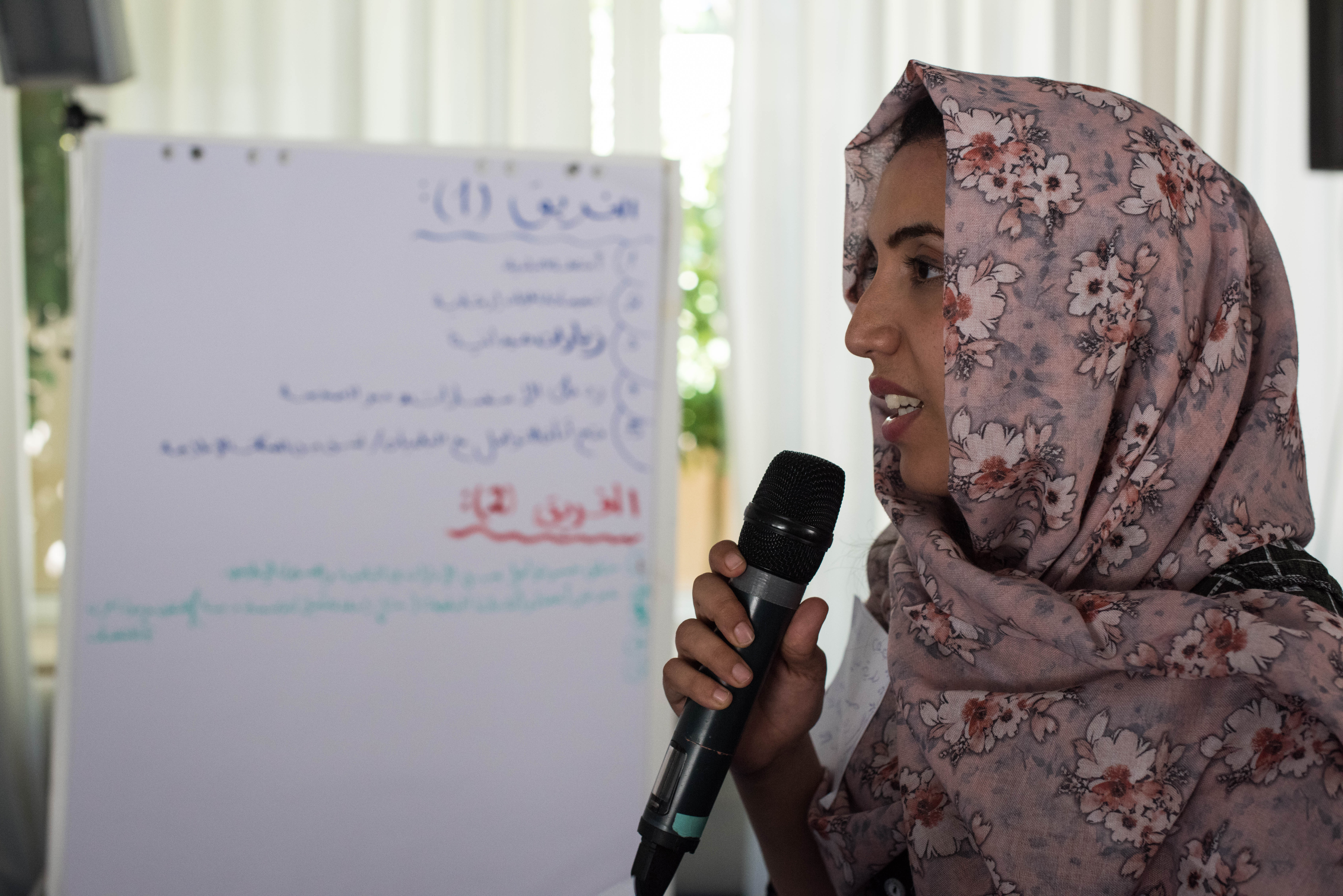
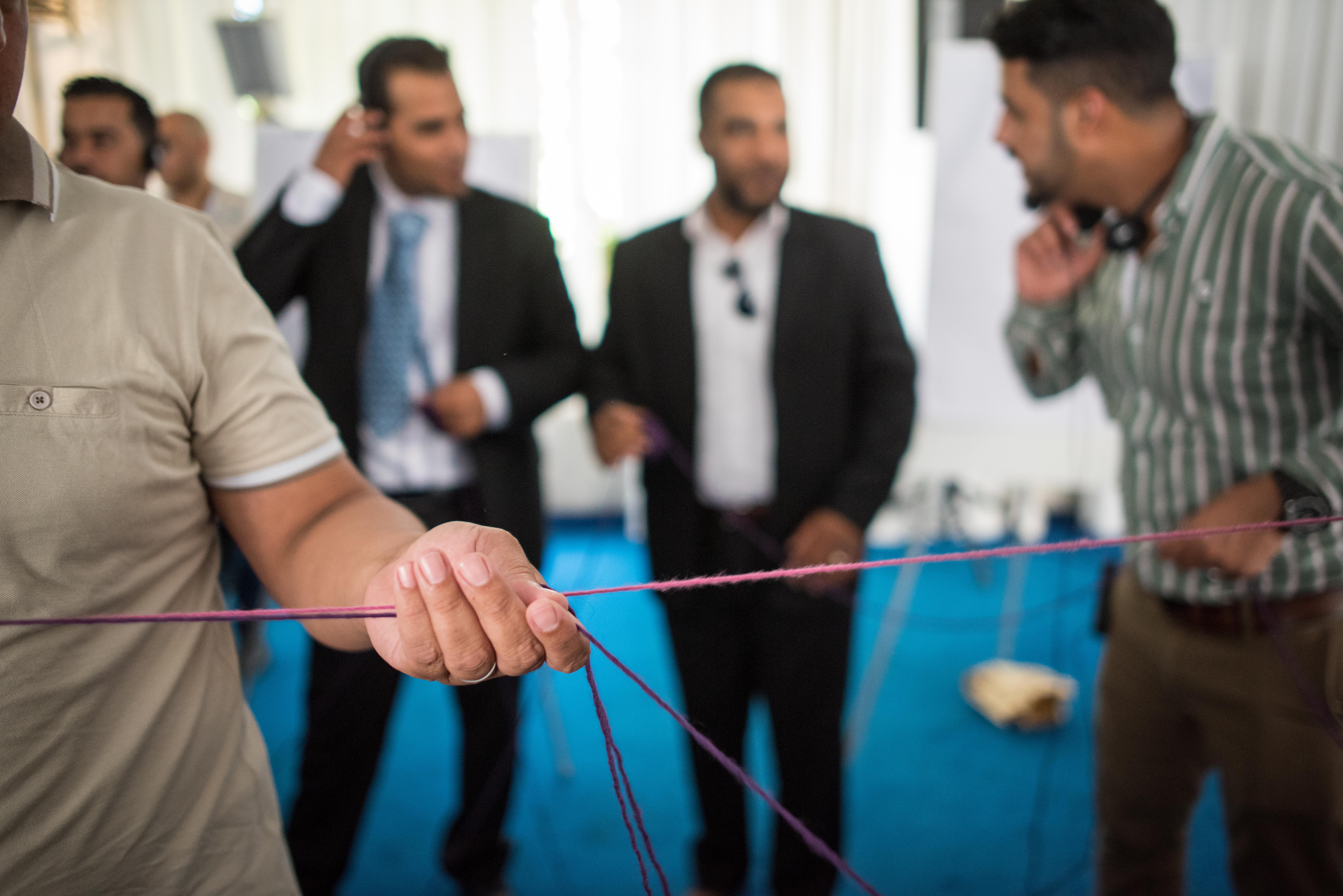
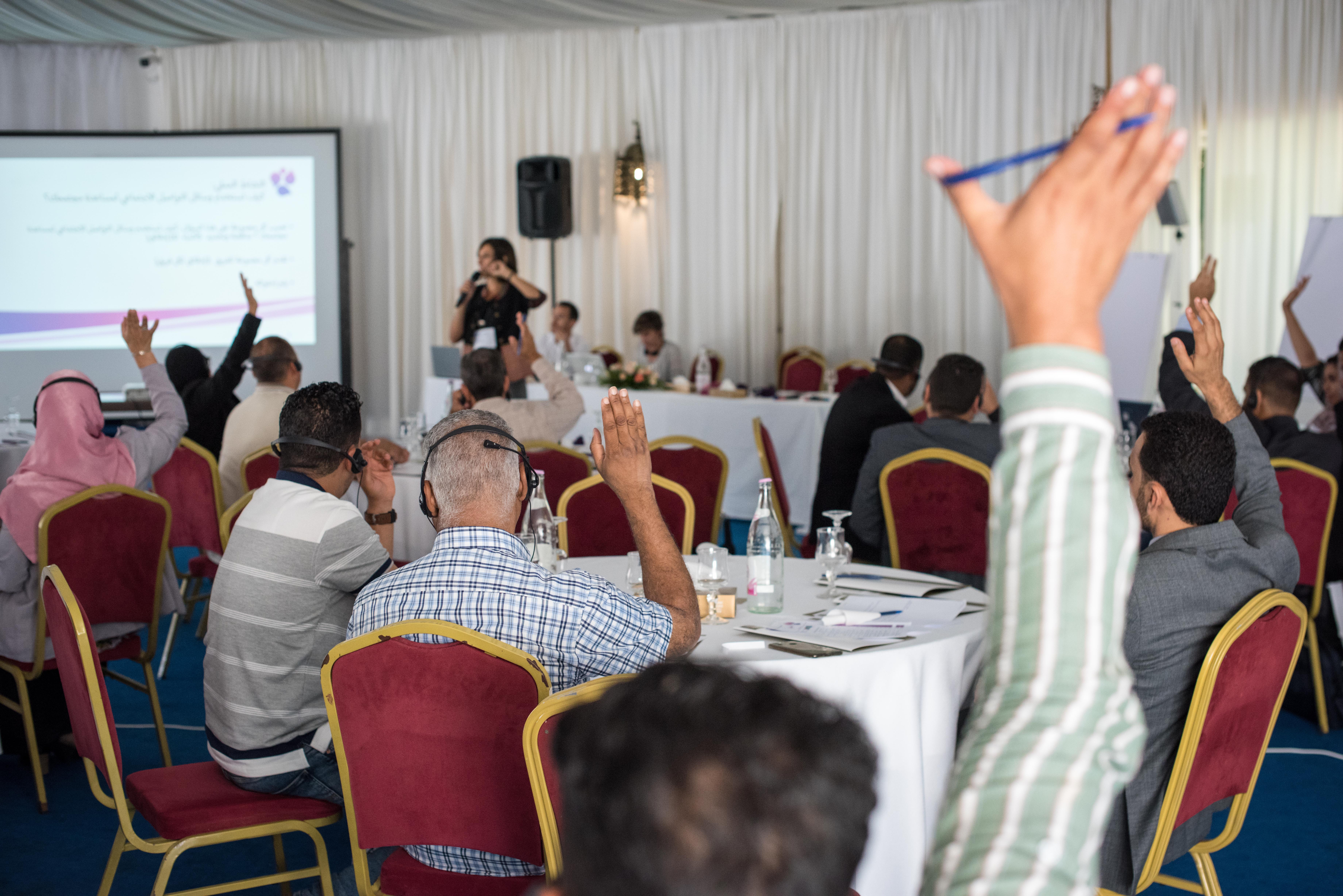
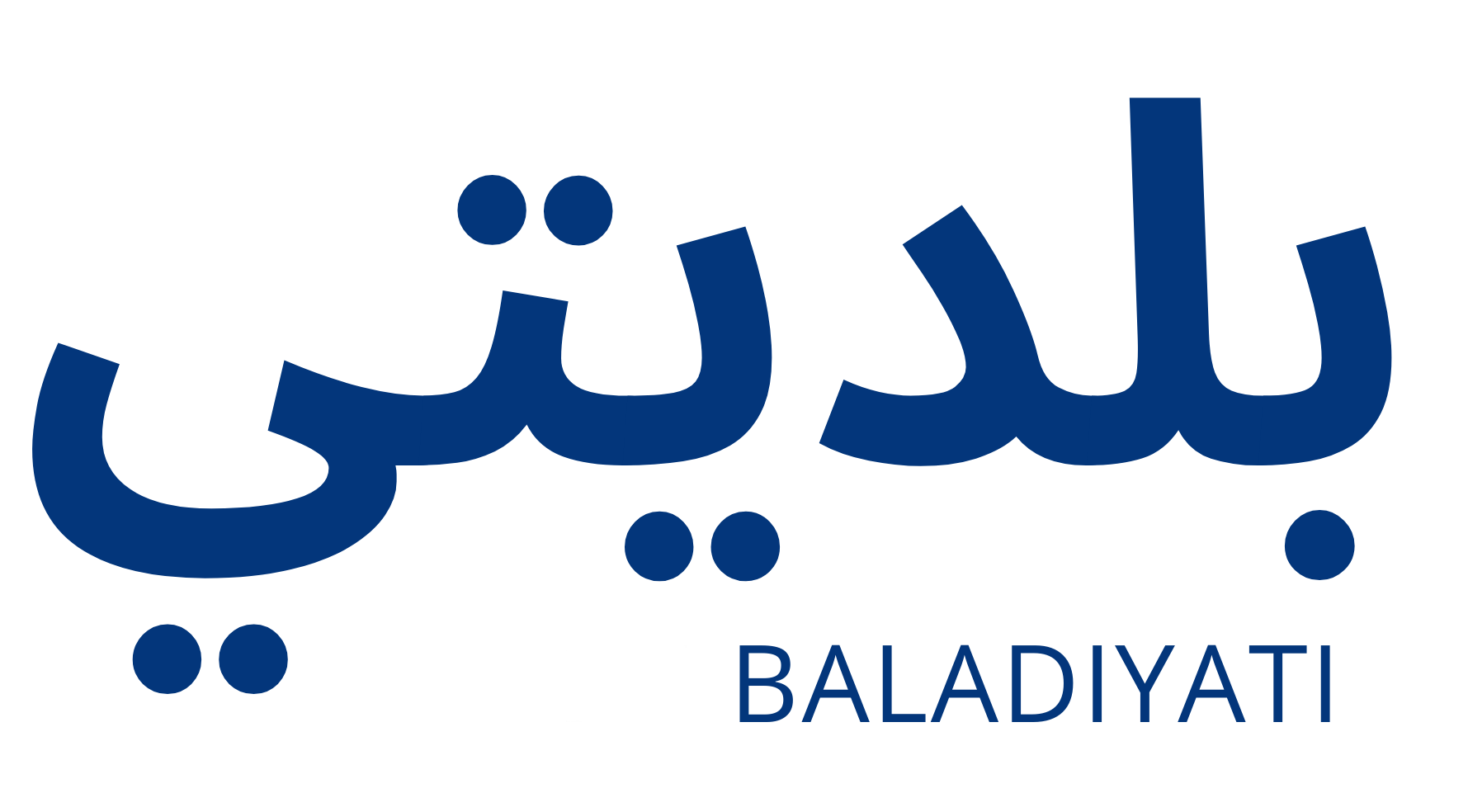 Baladiyati (My Municipality) refers to the Recovery, Stability and Socio-economic Development in Libya (RSSD – Libya) Programme, jointly formulated by the European Commission and Italy within the framework of the EU Emergency Trust Fund for Africa, North of Africa Window. With a total budget of €76.2 million euros, the Action aims to improve the living conditions and resilience of local communities, migrants, refugees, IDPs and returnees, with a focus on the most vulnerable. Implementing partners are AICS (38 million euros), UNDP (24.1 million euros) and UNICEF (14.1 million euros).
Baladiyati (My Municipality) refers to the Recovery, Stability and Socio-economic Development in Libya (RSSD – Libya) Programme, jointly formulated by the European Commission and Italy within the framework of the EU Emergency Trust Fund for Africa, North of Africa Window. With a total budget of €76.2 million euros, the Action aims to improve the living conditions and resilience of local communities, migrants, refugees, IDPs and returnees, with a focus on the most vulnerable. Implementing partners are AICS (38 million euros), UNDP (24.1 million euros) and UNICEF (14.1 million euros).
Libya is a predominantly desert country with abundant oil resources, home to approximately 6.4 million people. Since 2011 the country has experienced political instability, which has had adverse effects on its economy and led to an increase in violence. As the conflict continued to spread and escalate, local administrations, with limited resources and technical capabilities, have faced challenges in meeting the essential needs of the population. This situation has had a significant impact on crucial aspects such as healthcare, education, water supply, sanitation, and electricity availability.
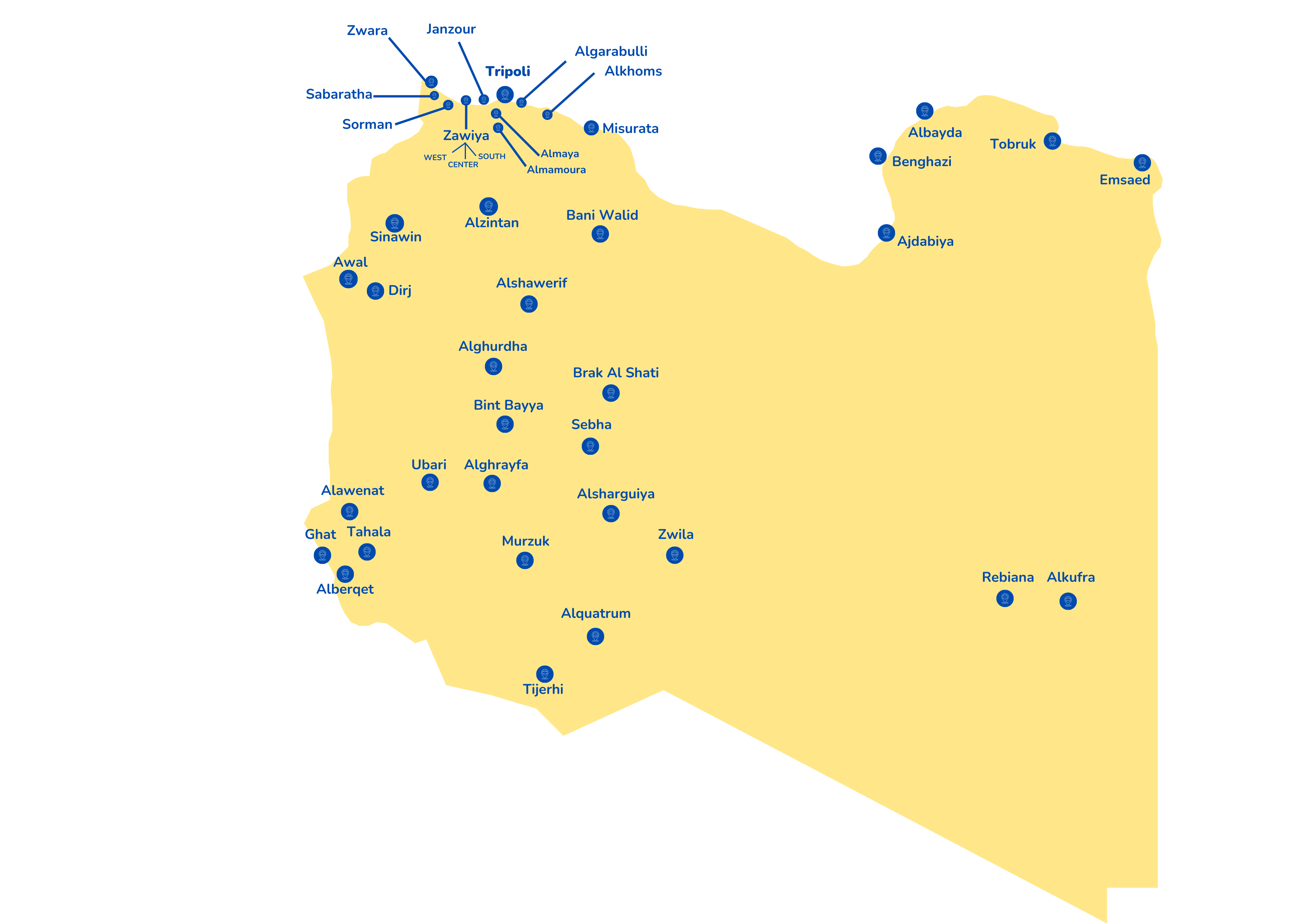
Baladiyati seeks to enhance stability in the region and create a more inclusive social and economic environment, providing direct assistance to Libyan municipalities with the aim of improving the living conditions of the most vulnerable communities in the country.
Since its establishment in 2018, Baladiyati has actively collaborated with nearly 40 municipalities, implementing over 300 priority interventions on the ground which leveraged local expertise and capacities and benefited more than 3 million people across Libya.
The specific goals of Baladiyati include improving people's access to better public services, such as education, healthcare, water, sanitation, hygiene (WASH), sustainable energy solutions, and fostering livelihood opportunities. Furthermore, the Programme strives to strengthen social cohesion, promote local peacebuilding, and enhance resilience.
The Programme follows a consultative approach in assessing and prioritizing specific interventions in municipalities. This involves bilateral and multilateral consultations with Libyan central and local authorities, recognizing their crucial role in the pacification and stabilization process of the country.
Within this framework, AICS works in the 40 municipalities involved in the Programme in partnership with selected local and international non-governmental organizations (INGOs) and civil society, upgrading basic service facilities and providing equipment and construction works in hospitals, schools, and community spaces. AICS also delivers technical assistance and capacity building to Libyan municipal authorities to enhance inclusive service provision. Starting from 2022, AICS has also been working to foster job opportunities, support entrepreneurship, and enhance skills development, particularly in the agro-food sector.
AICS achievements through Baladiyati include so far:
- the rehabilitation of 31 health facilities
- the training of 2,380 health workers through over 166 modules covering health, hygiene, and prevention
- the provision of medical equipment, materials, and medicines to 54 health facilities across 24 municipalities
- the rehabilitation of 19 schools
- the improvement of 5 WASH facilities in 2 municipalities
Moreover, through in-person awareness-raising campaigns, AICS has reached out to 88,940 individuals in 24 municipalities promoting inclusive access to basic services.
Currently, Baladiyati is implementing over 270 new initiatives in Southern Libya.

